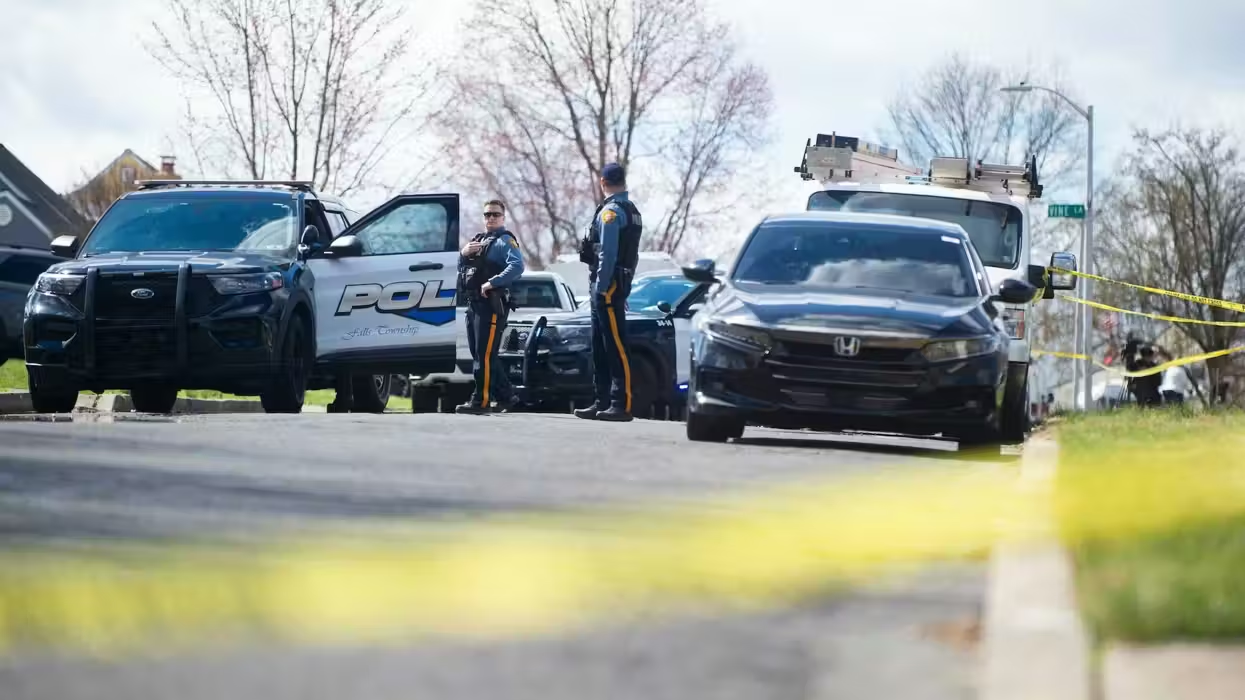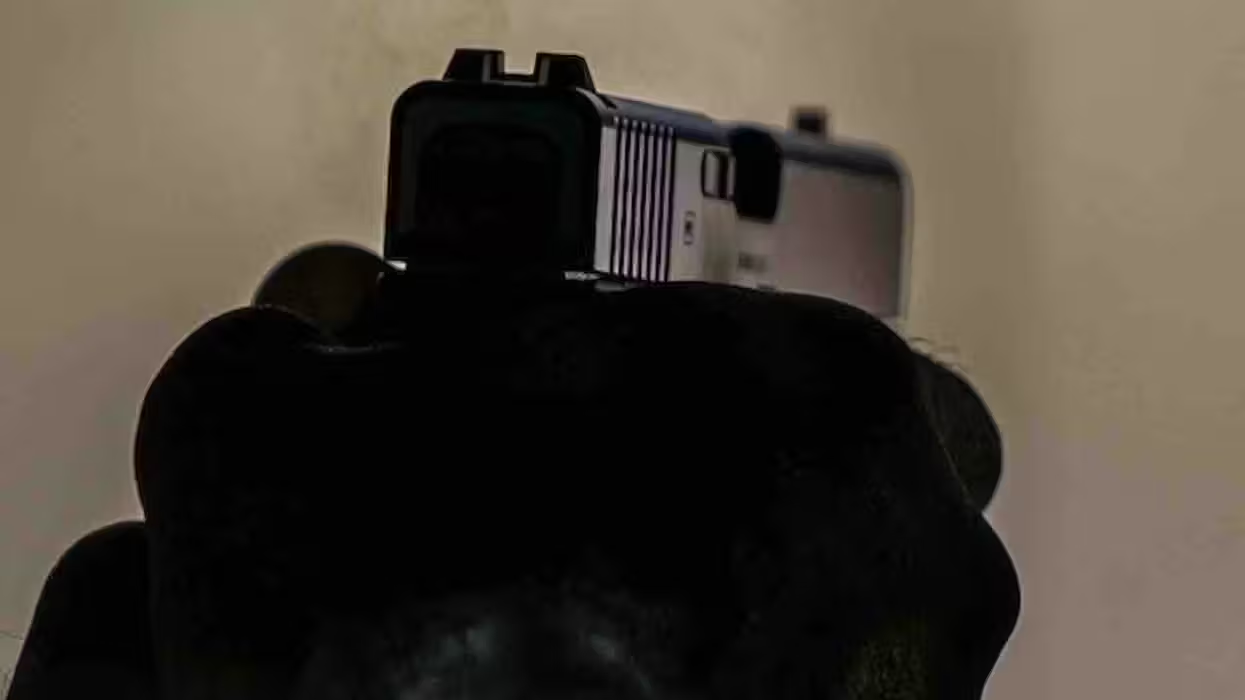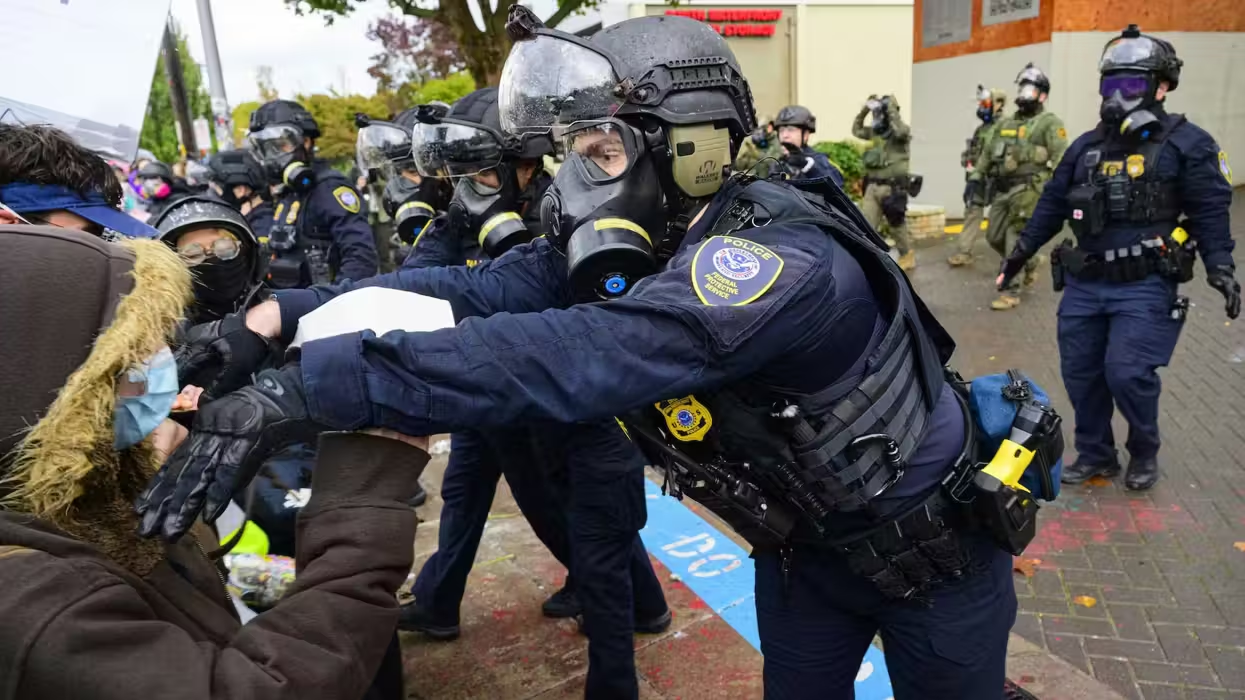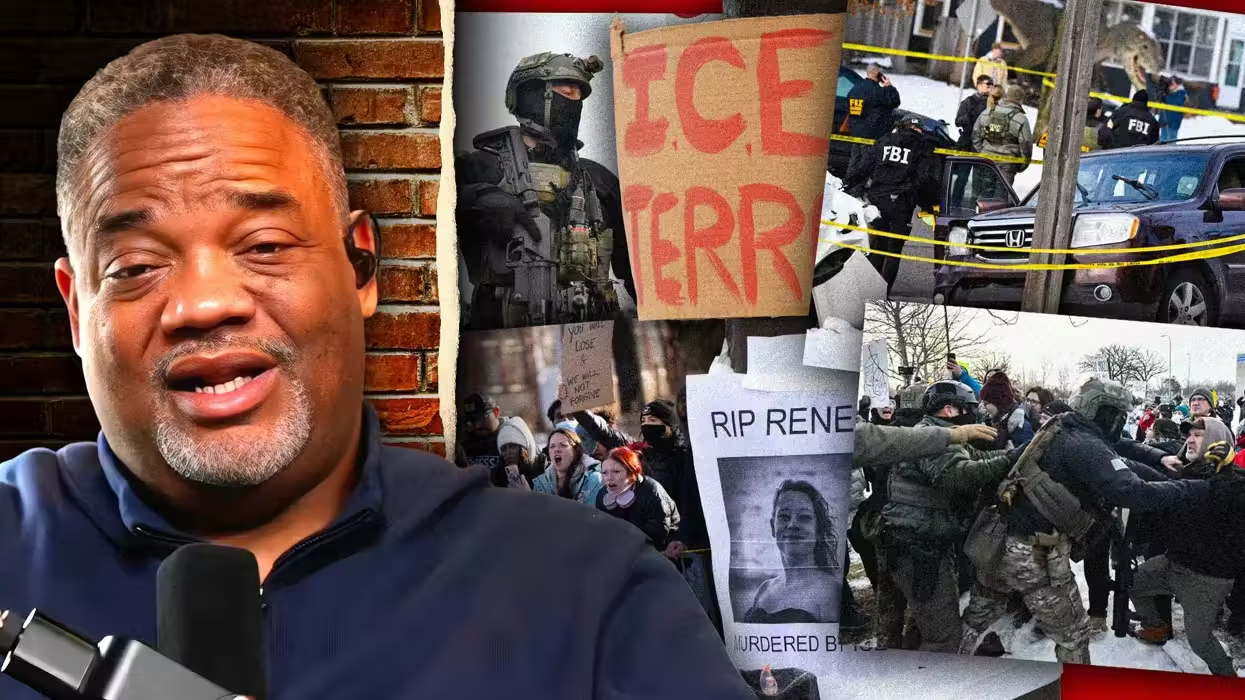URUMQI, China (AP) -- Attackers hurled bombs from two SUVs that plowed through shoppers at a busy street market in China's volatile northwestern region of Xinjiang on Thursday, killing 31 people and wounding more than 90.
 Rescuers search for victims after an explosion suspected by gas tanks caused two homes to collapse in Shanghai on May 4, 2014, killing at least two people. China has a poor record on industrial safety as lax law enforcement and corruption enables business owners to cut corners or offer bribes to evade standards. CHINA OUT AFP PHOTO STR/AFP/Getty Images
Rescuers search for victims after an explosion suspected by gas tanks caused two homes to collapse in Shanghai on May 4, 2014, killing at least two people. China has a poor record on industrial safety as lax law enforcement and corruption enables business owners to cut corners or offer bribes to evade standards. CHINA OUT AFP PHOTO STR/AFP/Getty Images
The early morning attack in the city of Urumqi was the bloodiest in a series of violent incidents over recent months that Chinese authorities have blamed on radical separatists from the country's Muslim Uighur minority.
The Xinjiang region is home to the native Turkic-speaking Uighurs (pronounced WEE'-gurs) but has seen large inflows from China's ethnic Han majority in recent decades. Uighur activists contend that restrictive and discriminatory policies favoring the Chinese migrants are fueling the bloodshed. The knowledge that Muslims elsewhere are rising up against their governments also seems to be contributing to the increased militancy.
The two vehicles crashed through barriers at 7:50 a.m. and drove right into the crowds while setting off explosives, according to a statement by the Xinjiang regional government. It was unclear how many assailants were in the cars.
The SUVs then crashed head-on and one of them exploded, the official Xinhua News Agency reported. It quoted an eyewitness as saying there were up to a dozen blasts in all and that at one point one of the vehicles stopped because it was blocked by bodies and handcarts.
"I heard four or five explosions. I was very scared. I saw three or four people lying on the ground," Fang Shaoying, the owner of a small supermarket near the scene of the attack, told The Associated Press by phone.
Photos from the scene posted to popular Chinese social media site Weibo showed at least three people lying in a street with a large fire in the distance giving off huge plumes of smoke. Others, many of them elderly people who frequent the early-morning market, were sitting in the roadway in shock, with vegetables, boxes and stools strewn around them.
Hours afterward, armed paramilitary police and SWAT units patrolled streets surrounding the scene of the attack on Gongyuan North Street near central People's Park. News photographers and videographers were told not to take pictures and were forced to delete their images.
Paramilitary troops were deployed all along the street, a hub for grocery stores, restaurants and bars, many of which were closed.
However, traffic had resumed and there were no signs of the earlier explosion and fire. Chinese authorities usually attempt to tidy up such scenes and restore normality as quickly as possible.
The death toll was the highest for violence in Xinjiang since days-long riots in Urumqi in 2009 between Uighurs and Hans left almost 200 people dead, according to an official count. Thursday's attack also was the bloodiest single act of violence in Xinjiang in recent history.
Urumqi was the scene of a bomb attack at a train station late last month that killed three people, including two attackers, and injured 79. Security in the city has been significantly tightened since that attack, which took place as Chinese President Xi Jinping was visiting the region.
In response to Thursday's attack, Xi pledged to "severely punish terrorists and spare no efforts in maintaining stability," Xinhua reported.
Public Security Minister Guo Shengkun, China's top police official, was dispatched to Urumqi as the head of a team to investigate the incident.
In Beijing, Foreign Ministry spokesman Hong Lei said the incident "lays bare again the anti-human, anti-social and anti-civilization nature of the violent terrorists and deserves the condemnation of the world community and the Chinese people."
"The Chinese government is confident and capable of cracking down on violent terrorists. Their plots will never succeed," Hong said.
Russian President Vladimir Putin, who visited China earlier in the week for an Asian security conference, issued a statement saying he "resolutely condemned the bloody crime." Russia, which also faces violence from Muslim extremists, wishes to strengthen cooperation with Beijing "in fighting all forms of terrorism and extremism," the statement said.
In Washington, the White House also issued a statement denouncing this "despicable and outrageous act of violence against innocent civilians" and noting that "the United States resolutely opposes all forms of terrorism."
Prior to last month's train station attack, Urumqi had been relatively quiet since the 2009 ethnic riots amid a smothering police presence. The sprawling metropolis' population of more than 3 million people is about three-fourths Han Chinese.
The station attack and other violence have been blamed on Uighur extremists, though information about events in the area, which is about 2,500 kilometers (1,550 miles) west of Beijing, is tightly controlled.
Tensions between Chinese and ethnic Uighurs in Xinjiang have been simmering for years, but recent attacks show an audaciousness and deliberateness that wasn't present before. They are also increasingly going after civilians rather than police and government targets.
In an unprecedented incident last year, three Uighurs rammed a vehicle into crowds in a suicide attack near the Forbidden City gate in the heart of Beijing, killing themselves and two tourists.
And in March, 29 people were slashed and stabbed to death at a train station in the southern city of Yunnan. The attack was blamed on Uighur extremists bent on waging jihad.
The increasing frequency of attacks shows growing frustration among Uighurs over government policies seen as discriminatory, said Raffaello Pantucci, a terrorism expert at the Royal United Services Institute for Defense and Security Studies in London.
"The issues are not getting resolved, and in some ways are getting worse," Pantucci said. "People are left feeling they have no hope."

 Rescuers search for victims after an explosion suspected by gas tanks caused two homes to collapse in Shanghai on May 4, 2014, killing at least two people. China has a poor record on industrial safety as lax law enforcement and corruption enables business owners to cut corners or offer bribes to evade standards. CHINA OUT AFP PHOTO STR/AFP/Getty Images
Rescuers search for victims after an explosion suspected by gas tanks caused two homes to collapse in Shanghai on May 4, 2014, killing at least two people. China has a poor record on industrial safety as lax law enforcement and corruption enables business owners to cut corners or offer bribes to evade standards. CHINA OUT AFP PHOTO STR/AFP/Getty Images






